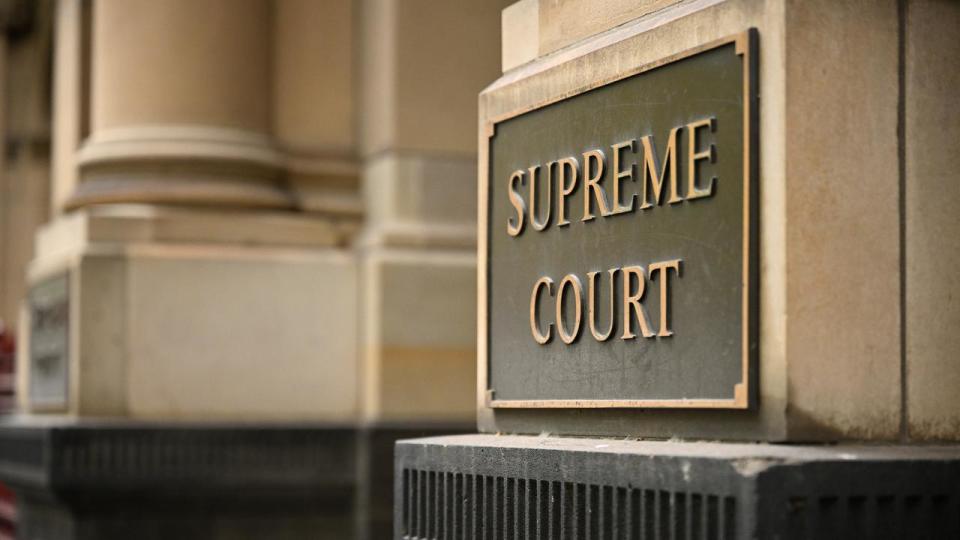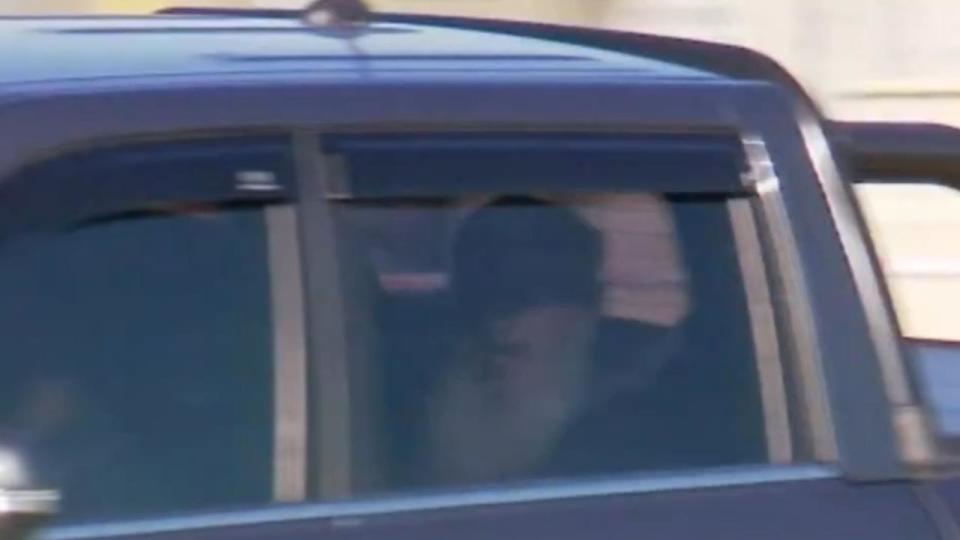Probe of Dutton overseeing terror case document failure
The Home Affairs and Attorney-General's departments have launched an independent, "preliminary inquiry" into Peter Dutton overseeing the failure to disclose a key report during a terrorist court case.
A Victorian Supreme Court judge referred the non-disclosure of evidence, by department officials while Mr Dutton was home affairs minister, to the national security legislation watchdog for inquiry.
But it has since been passed on to the government departments as the watchdog's remit only covers legislation.
Former Federal Court judge Alan Robertson has been appointed to undertake the inquiry.
Mr Dutton's office has been contacted for comment.

His department oversaw the Australian Federal Police in 2020 when convicted terrorist Abdul Nacer Benbrika's prison sentence was set to finish and the Commonwealth applied to extend it, arguing he was a risk to the community.
Benbrika's legal team did not have access to the report that poked holes in a key terrorist assessment tool underpinning the risk evaluation the court relied upon to keep the terrorist locked up.
That report found the evaluation tool was as effective as flipping a coin.
The move drew scorn from Victorian Supreme Court Justice Elizabeth Hollingworth when the report came to light, after the national security law watchdog initiated an inquiry.
"What happened in this case should never have happened, and should not be repeated," Justice Hollingworth said in her reasons to refer Mr Dutton.
The justice branded the non-disclosure of various expert reports a "serious interference with the administration of justice".
The buried report was kept from the Supreme Court to protect secret information criminals could take advantage of, an internal Home Affairs Department document revealed.
Home Affairs said the report wasn't made public because it contained sensitive information in talking points prepared for a subsequent minister and released under freedom of information laws.
"The report contains sensitive information that needs to be protected, to ensure terrorist offenders are not able to use this information to manipulate the outcomes of violent extremism risk assessments," it read.
If the minister was asked why the report wasn't disclosed in legal proceedings, they were told to say the department had considered its legal obligations under the criminal code.
"Following this consideration the report was not disclosed," the talking points read.
If the minister was pressed, they should then say "any legal advice obtained in this respect is the subject of legal professional privilege".

The talking points were first prepared on July 19, 2021 - after Mr Dutton had left the role - and were last updated on November 22, 2022, according to the document received.
The updated talking points came one day after the national security legislation watchdog revealed at a public hearing that the report should have been disclosed during the legal proceedings.
"He will likely recommend that criminal code provisions dealing with exculpatory facts be amended to ensure such reports are disclosed in future," the talking points read.
The watchdog did then recommend ensuring such reports were disclosed.
Benbrika spent almost 20 years behind bars after being convicted over plots to attack the MCG during the 2005 AFL grand final and Melbourne's Crown Casino.
He was released under strict monitoring conditions in December 2023 after his three-year continuing detention order ended.
Department officials confirmed in February the government was still using the same tool criticised in the report, called VERA-2R.


